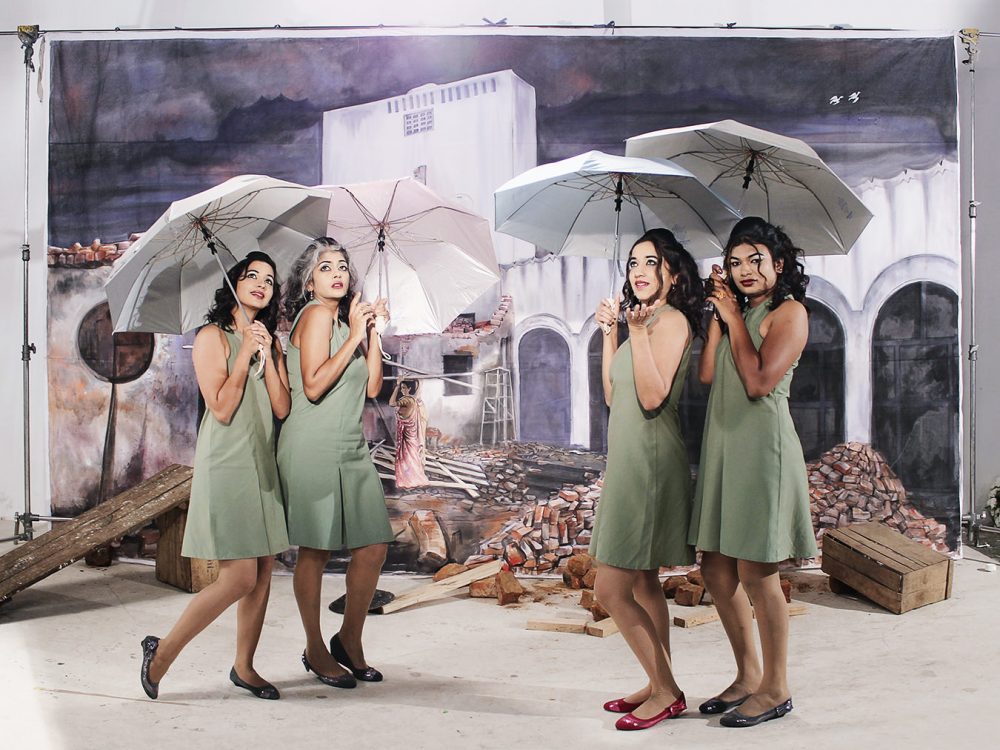At 85, Emmanuelle Riva is the oldest woman ever to be nominated for Best Actress in a Leading Role at the Academy Awards. The Academy recognized her devastating portrayal of physical disintegration and emotional anguish in Michael Haneke’s Amour (2012). It is set mostly within the confines of an apartment, where Anne (Riva) and her husband, Georges (Jean-Louis Trintignant), have played out their lives together; exposition is forsaken for a reading of the place itself, of life’s material traces as activated by the bodies that move within them. It is not surprising that Haneke was awarded Best Foreign Language Film honours by the Academy for his ability to convey the richness of their lives through such an economy of means. Within these walls, it is quite a simple story that plays out: as age unflinchingly inscribes itself on Anne’s body, Georges is left to grapple with the promises he has made to care for her, despite the heartbreak such a task entails. Commitment, built up over a lifetime, is not swayed by the logic of assisted care that would amount to betrayal. Instead, Georges’s devotion is read against the futile challenge of accommodating Anne’s deterioration. Their past together, though not part of the film’s proper frame, is the charge that carries every moment.
But Riva is no stranger to the difficult task of embodying the movement of memory through time. More than 50 years ago, she entered the cinematic fray with her stunning portrayal of a French actress in Hiroshima, 14 years after the atomic bomb was dropped on the city. Alain Resnais’s Hiroshima Mon Amour (1959) depicts the 36 hours of a love affair between Riva’s character and a Japanese architect played by Eiji Okada. Through Marguerite Duras’s poetic screenplay, memory is the currency of the present moment and impossible to hold onto. Riva embodies this contradiction when she relates to Okada as though he were her first love, a German soldier killed during the war. Riva’s struggle is to resist forgetting despite the crippling effects of what happens when memory persists too strongly. In this way, the affair in Japan is a catharsis of the tragedy that Riva’s character has carried with her, but at the expense of losing what she thought could never fade. As her past settles properly as history, her future opens unpredictably before her, a place to write different memories, a place that is something more than a simple vessel for the trauma of the past.
In Oliver Husain’s Item Number (2012), these different frames of reference—past, present, future—literally stand next to each other: actresses proliferate so that a distinguished woman, front and centre, is flanked by younger versions of herself. Winner of the Best Contribution to German Competition at the International Short Film Festival in Oberhausen, Item Number begins by announcing that the real action of the film is a mere two minutes away. Kirtana Kumar, playing the lead, addresses the viewer as she prepares backstage for what seems to be an imminent musical theatre production. “The story is laid out for you right here: a straight line,” she proclaims, and yet, as the scene plays out, that two-minute warning is sounded again and again until eventually the throng of actresses pick up their matriarch and carry her away, away from the foreshadowed action of the stage and out into the world. In this case, the future doesn’t arrive, at least not as it is anticipated. Like Riva’s character in Hiroshima, so too does Kumar’s character embark upon something less than sure, perhaps unsteady, but indeed a sort of liberation that allows them to understand differently their places in the world.
Memory and imagination rely on the co-existing of tenses in the present moment. To be alive, then, is this movement backward and forward, the complex and mundane experiences of holding on, of forgetting and of writing anew. Sometimes it is proper to not let go of either the past or the future, as in Amour when a husband’s care for his wife honours both her life and her impending death. Sometimes, as in Hiroshima, the past must be unshackled from the everyday, less it suffocate living. Other times, as is seen in Item Number, it’s the overly determined idea of the future that needs be released, making room for what can’t be predicted, for what falls outside of schedules and scripts. These fates are shared amongst us: memory persists unevenly, imagination moves unpredictably. Our lives are simply to engage in these negotiations, wherever they may take us.









